Young entrepreneurs in agriculture: The new driving force
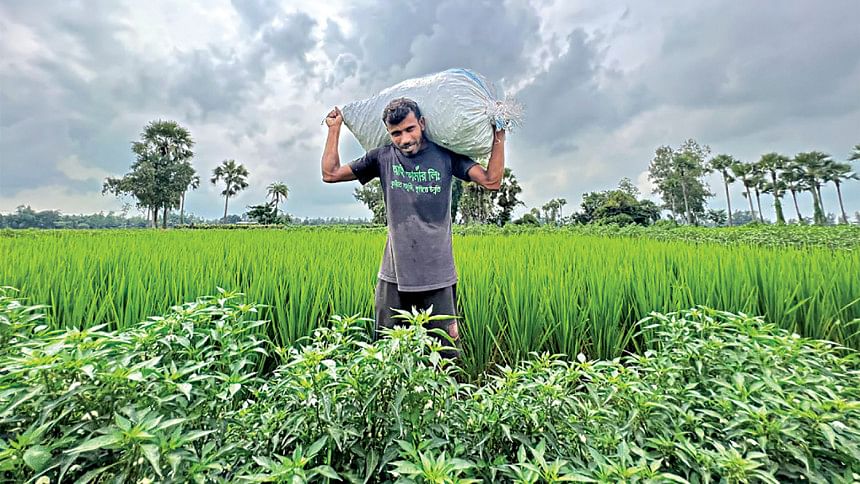
Agriculture accounts for approximately 13.6 per cent of Bangladesh's GDP and employs more than 40.6 per cent of the labour force. As technology advances, so do agricultural applications, ushering in a new era of industrial upheaval. Because of its rich delta soil, sufficient water, and several agricultural seasons, Bangladesh has long been noted for its prodigious development of the region's fresh harvests of jute and rice. However, due to several challenging variables, including a dense population and a lack of technical breakthroughs, Bangladesh's status as a market leader has evolved. The country is continually seeking methods to boost total agricultural production through a range of measures.
Interestingly, millennials are displaying a significant interest in agriculture and are putting forth the effort to make all operations more tech-friendly and modern. The sector is being modernised by the younger generation, who are technologically savvy, to say the least. Despite the slow pace at which these improvements are being implemented, Bangladesh is seeing a gradual increase in tech-based agricultural solutions. These innovative farming methods benefit all stakeholders in a variety of ways. In terms of agricultural success, the importance of technology-based agriculture in Bangladesh and its influence on agriculture cannot be overstated.
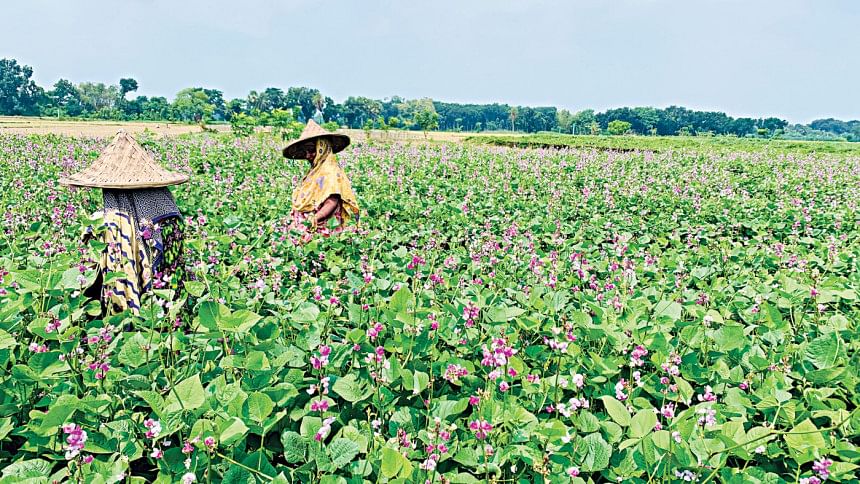
The ability to remotely monitor weather, market prices, and demand, as well as obtain useful technical agricultural advice, is a critical benefit of intelligent technology and the digital era in general. Despite these and other benefits, technology has yet to provide the universal cure that many people in this region hoped for. Most farmers, particularly those of a certain age, have limited access to these technologies, from the device itself to adequate and consistent electricity to operate or recharge them, or internet connectivity required to run applications or communicate with others. Farmers in Bangladesh have been using rudimentary methods for centuries, so any technological tool provided to improve their livelihoods must be simple.
With that in mind, a young entrepreneur called Golam Nabi sought to make a difference. Having never been interested in traditional career options, Nabi always knew he wanted to do something that is not conventional. Having been involved in agriculture since his childhood, he took the first initiative to explore harvesting options in 2016.
Golam Nabi intended to harvest fruits more popular in the west and devise a way to grow them in our own soil. He realised that with simple access to the internet, anything was possible. During his investigation, Dragon Fruit checked all of his boxes. He began by cultivating dragon fruit on 30 bighas of land. He became interested in the fruit after getting some seedlings from the government.
After initially failing to comprehend the plant's needs, he took the initiative to seek more training while also performing a lot of self-learning using publicly available internet resources. Now he's building a name for himself throughout the world and sharing his expertise with places like Vietnam, which he visited to assist others in learning more about the subject.
Sabina Yeasmin's story is a testimony to what determination and hard work can do. She struggled to find work after completing her formal education for a long time. She eventually got one but deep down, she knew she needed to do something that would truly make her self-sufficient. Her success is the result of hard work, interest, and dedication.
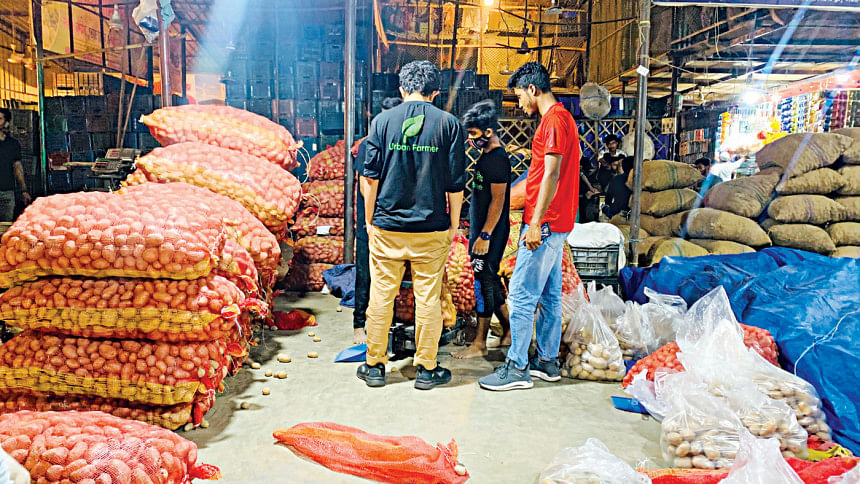
Yeasmin established her own integrated farm, Alif Goat and Dairy, which has provided her with much-needed self-sufficiency. Many others, particularly women, are now following in her footsteps. As a successful entrepreneur, money is not her biggest motivation.
"I was never in it for the money, but somehow my passion for the project paid off regardless," she stated.
Kamrunnesa Mira is another successful 'farmpreneur' on the list. She is a young Bangladeshi entrepreneur who has quickly given a new dimension to agriculture. Her 'Chashibon' project, which developed agricultural enterprises and removed brokers, and secured equal trading between farmers and purchasers, is well-known among rural women and farmers.
Rather than seeking employment after college, she explored numerous societal problems and their remedies.
"My long-term goal for this venture is to become a sustainable agriculture financing firm, to reduce risk factors in order to deliver fair value to farmers, and to create a convenient supply chain to eliminate intermediaries and introduce AI and Robotics to tackle future difficulties farmers may face," said Mira.
At the same time, she has proposed an expanding notion of social business for an agriculturally dependent Bangladesh, encouraging women to become self-sufficient and creating a fair price environment for farmers.
Mira has also linked micro-investors to farmers through equity sharing, making it possible for anybody from anywhere in the globe to participate in farming in Natore and Chattogram. This farmers' union also offers a non-formal literacy centre where they may get primary education.
Numerous agricultural applications, such as Krisaker Janala, have been developed in recent years to address farmers' demands. "Krisaker Janala" is a smartphone app, and users may download it on their mobile devices and utilise it without connecting to the internet. This smartphone app contains over a thousand issues from 120 different crops. This system generally contains information on illnesses, pests, nutritional deficiencies, and photographs of field crops, vegetables, fruits, and other plants.
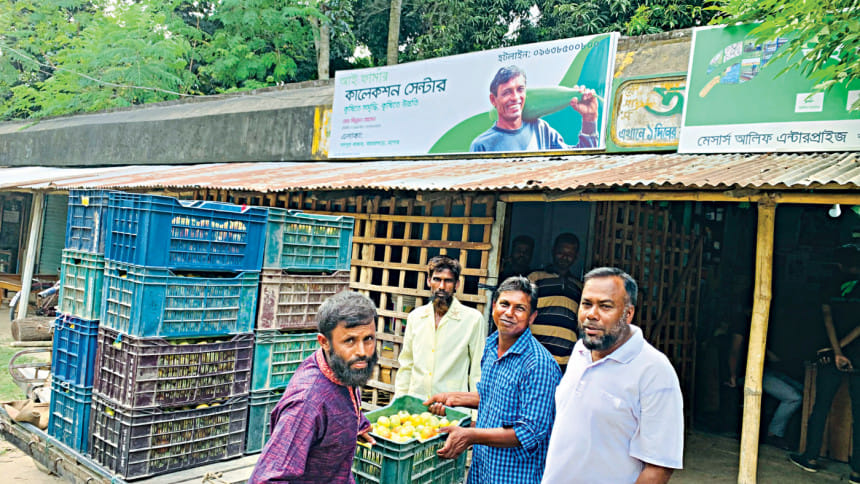
A farmer can rapidly detect his or her crop problem by studying the photographs in the system. The software has proven to be a time-saving system because they do not have to go to others.
Another young mind who made a significant mark in the Agri-tech industry is the CEO of iFarmer, Fahad Ifaz.
After completing his graduation, Ifaz got the opportunity to work with IFC (International Finance Corporation). Due to his work, he closely got to experience the challenges that farmers all over the world face. Seeing the troubles that the farmers have to go through, he decided it was time to make a change. And upon thorough research and a lot of trial and error, in January 2018, iFarmer came into being.
Aiming to democratise the agricultural financing and supply chain in Bangladesh, iFarmer is working to empower local farmers by connecting farm buyers and farmers on our platform.
"During my fieldwork, I realised the biggest obstacle in agriculture in our country is finance. The farmers are unfairly cheated by the middlemen. With a mission to put an end to this cycle, I reached out to my friend Jamil, and together with two other partners, the journey of iFarmer began," shared Ifaz.
As a successful entrepreneur in the industry, Ifaz advises youngsters who are interested in agriculture to have patience, as this is a very complex line of work.
"Agriculture isn't a very glamorous career choice. There are many trials and errors that need to be made in order to succeed," added Ifaz.
He also emphasises domain expertise. In his opinion, if one wants to grow in the agri-tech industry, domain expertise will bring one closer to success.
Some difficulties for our farmers still remain a source of concern. Due to knowledge gaps, middlemen between farmers and markets may obtain crops and goods at extremely low prices from farmers and then sell them to customers at a significant profit.
Farmers frequently lose money because they are forced to sell stocks at prices below their production costs. The country's information and communication networks have the potential to bridge the gap between farmers and customers, ensuring that both parties receive a fair price.
Everyone, urban and rural, will have a better understanding of the market and will be able to make more informed purchasing and selling decisions. Our young entrepreneurs are dedicated to teaching farmers about the market and encouraging collaboration among all parties involved.
Photo: iFarmer

 For all latest news, follow The Daily Star's Google News channel.
For all latest news, follow The Daily Star's Google News channel. 


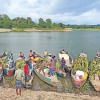
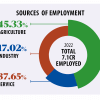




Comments